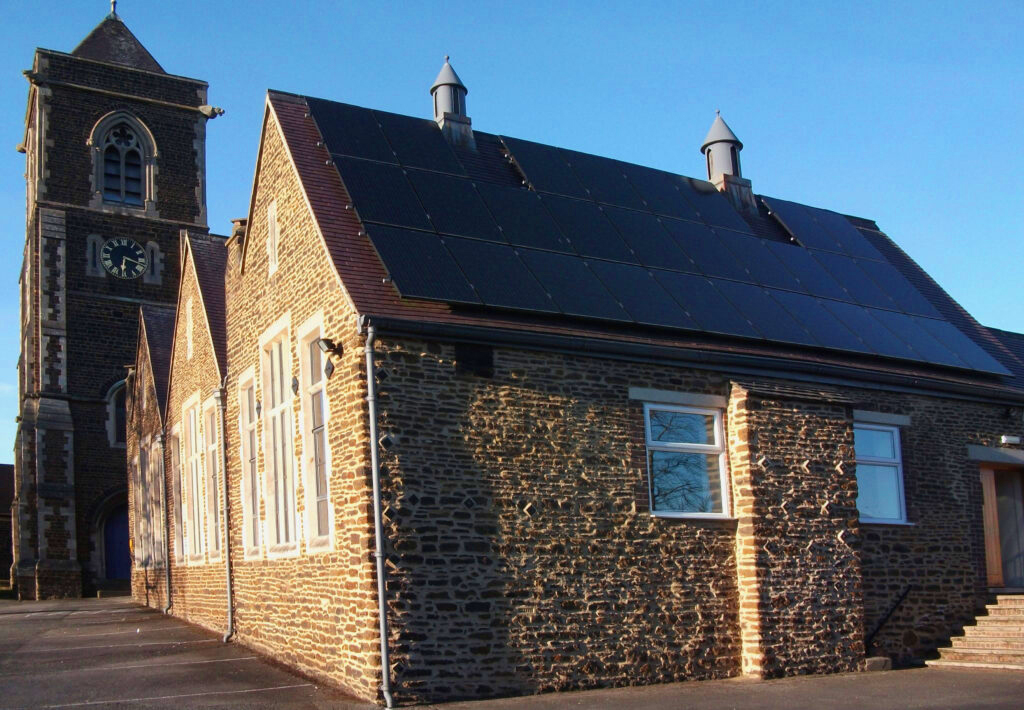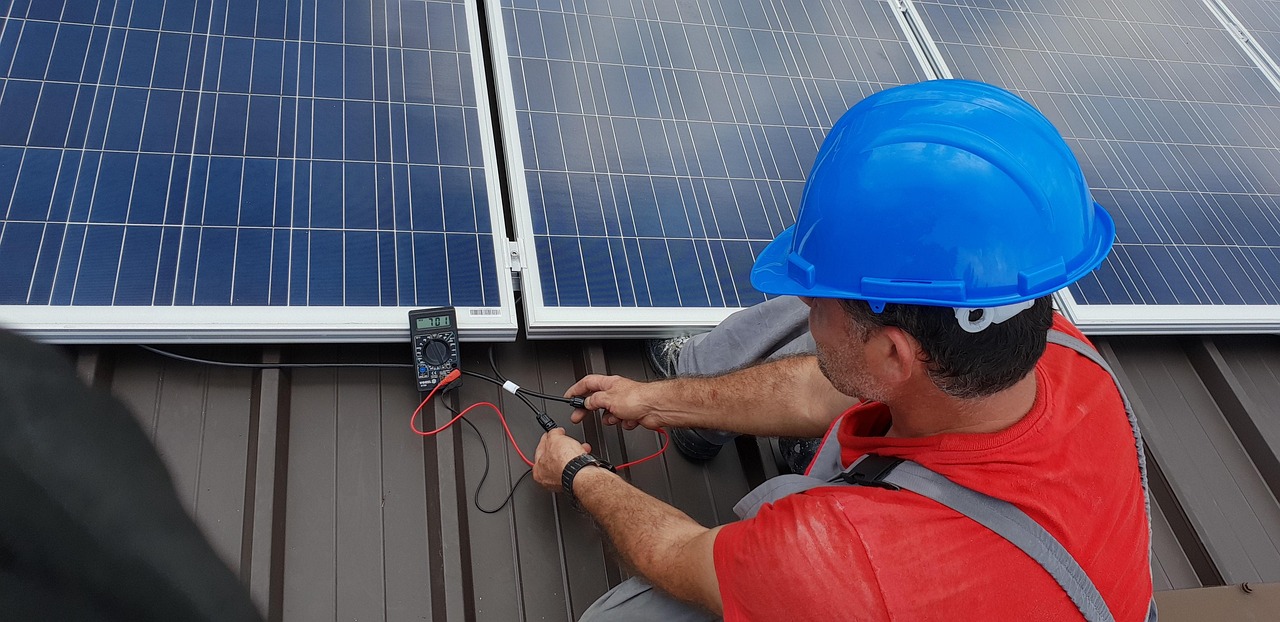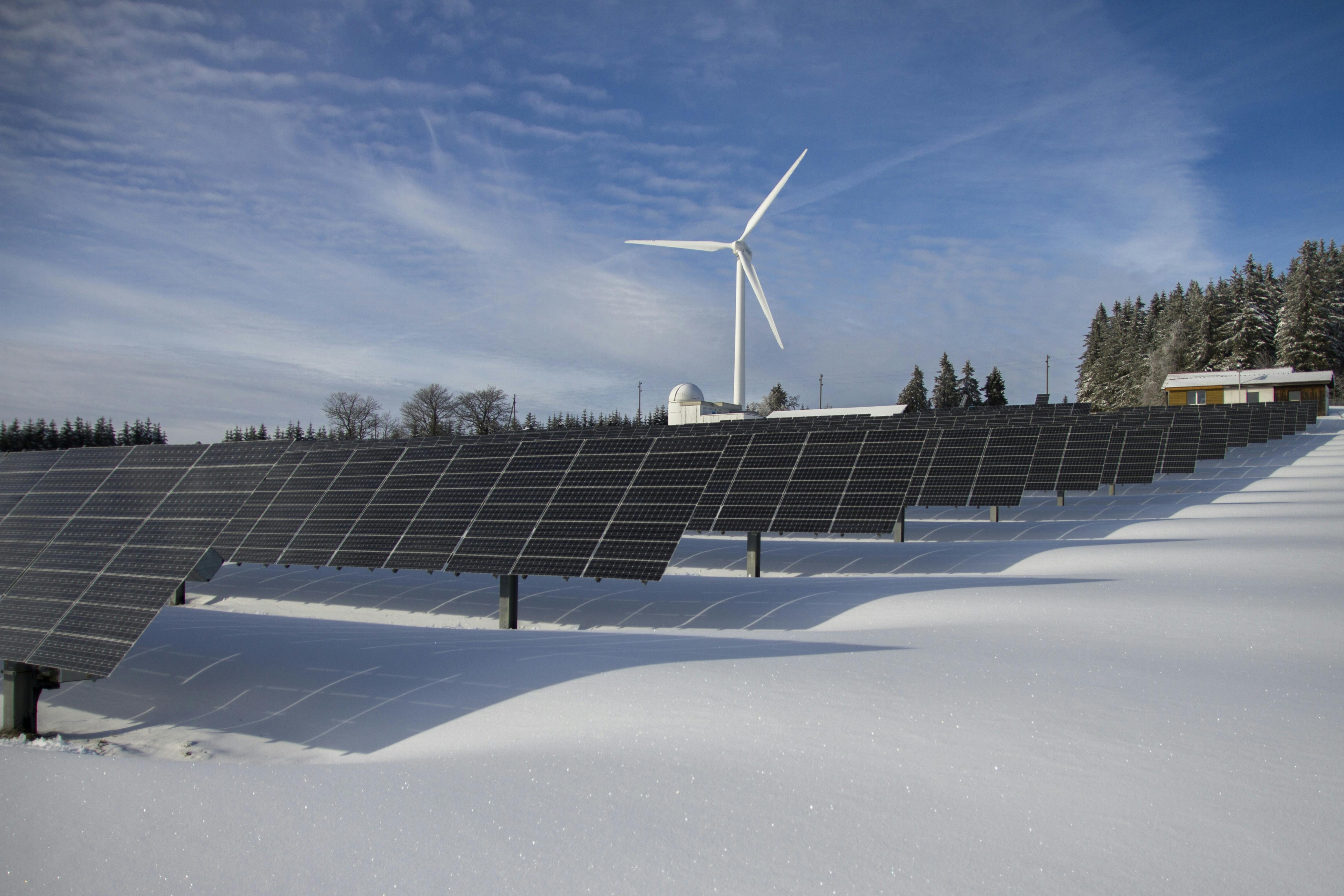How to Choose a Solar Panel Installer
Tips on how to choose the right solar panel installer and an introduction to our trusted network of installers.
.webp)
Choosing a solar panel installer is one of the key challenges people often face when deciding to go solar. It’s understandable—after all, domestic solar panels are still relatively new to the mass market. Most people might only know a few, if any, who have had solar panels installed. This makes word-of-mouth recommendations, usually a trusted and reliable source, less common when it comes to solar. In most communities, everyone knows who the reputable garages and double-glazing companies are because they’re established. Solar installers, on the other hand, are still a bit “thin on the roof.”
So, let’s explore how to choose a solar panel installer to ensure you get both a fair deal and top-quality workmanship.
How to choose a good solar panel installer
The most important factors to look at are:
- Accreditation / MCS certification – to ensure good workmanship
- Reviews – to discover other customers’ experiences
- Transparency – to be sure of value for money
- Aftercare – to make ownership hassle-free
- Warranty – for peace of mind and to save money on repairs
- Price – so you know you’re getting the best deal
We’ll go into all these factors in more detail below. But as a homeowner, it can be difficult to find the right balance between pros and cons, and make sound, long-term commitments based on science and the state of the industry.
That’s why MakeMyHouseGreen was founded. Put all the relevant information about your home into the calculator, and it’ll give you an estimate on the amount of energy you’ll be able to generate over the course of a year.
It uses information such as:
- Your geographic location (different locations get different amounts of sunlight through the year).
- Which way your roof is facing (in the UK, you’ll gather more light if your solar panels face in a broadly southerly direction, although any direction will work). And don’t worry, you just have to draw a shape on a map – you don’t have to get your compass out.
- The angle of your roof (as the sun never passes directly overhead in the UK, a steeper angle facing south might generate more energy than a flatter roof facing south).
- What type or property you have.
- How many people live in your home.
- What your general power consumption is.
- How warm you need your home.
From that, the calculator works out whether you would benefit financially from solar panels by weighing up the installation costs with the potential savings over time.
But it doesn’t stop there. The website can also put you in touch with approved local installers who must pass a strict vetting process before they become part of the network. Then, we leave it up to you. No pressure at all.
Factors to consider when choosing a solar panel installer
Here are the factors that can help you decide on the right equipment and installers for your solar setup.
Accreditation / MCS certification
MCS (Microgeneration Certification Scheme) certification is an accreditation awarded to both manufacturers and installers of renewable energy equipment. The MCS organisation is dedicated to promoting high standards across the industry, ensuring quality from the production line to your home. It rigorously evaluates the build quality and efficiency of new products, and only those that meet its strict criteria receive MCS certification. Similarly, installers can complete MCS-approved courses, enabling them to provide homeowners with the same level of confidence. Whether you’re in the market for renewable energy equipment or seeking a qualified installer, always check for MCS certification to ensure you’re getting top quality.

To get MCS certification, an installer must also have HIES (Home Insulation & Energy Systems) approval, granted by a body that covers trading standards in the domestic energy installation industry.
Reviews
Independent review websites are a great place to look for information on both panels and installers. The quotes and feedback that companies put on their own websites might be useful, but they are of course biased, and aren’t likely to publish the bad ones.
Sites like Trustpilot and Which? let customers and professional reviewers give impartial scores for products and services. While they can be a decent guide, remember that they are only people’s opinions, often those who don’t fully understand the systems.
Transparency around what’s included in the quote
It isn’t just airlines and restaurants that spring little surprise charges on customers – it’s present in all sorts of industries, including builders and, yes, solar panel fitters. So, for example, your quote might not include scaffolding or cherry picker hire. Perhaps the initial quote might be for cheap panels, then once you’ve agreed, you might be offered an “upgrade” to better panels for a higher price than competitors were offering.
It pays to do your homework on what kind of power you can expect from your panels, and what the current state of the technology is. Then you’ll be able to read the quote and know you’re getting the best possible service and equipment.
Aftercare
What kind of after-sales service does the installer offer? Do they fit the panels then drive off into the sunset, or will they show you how to use your panels to get the most out of them? Some installers might also offer services like basic repairs and maintenance at no extra cost, or annual services to make sure everything is working at full throttle.
Aftercare is also linked to the warranty (see below), and both are directly affected by whether or not the company is still trading a few years after installation. That might seem unknowable, but we can help make sure you choose a financially stable installer.
Warranty
Good quality, modern solar panels are efficient and well made, but like any device they sometimes break down or malfunction through no fault of the user. That’s when your warranty kicks in – if it’s long enough.
Replacing a solar panel isn’t just about the cost of the panel. It can take several hours, with the potential for requiring scaffolding and specialist lifting machinery. Does the warranty cover everything, or just the equipment itself? And how long does the warranty last? It will probably be in the region of 25–30 years, but you might be expected to perform certain actions, such as cleaning or other maintenance tasks on your solar panels, for the warranty to remain valid.
Price
The cost of the panels and installation will of course be a factor in your decision. It’s worth noting that these are items that will pay for themselves eventually, and generally speaking, the better the equipment, the quicker it’ll pay for itself. It might be worth spending more now to pay it off quicker, even if that means getting finance. Also consider that if you plan to get half your panels now and half in a few years, it will cost more than having them all done at once. It’s like doing a “big shop” rather than going back and forth to pick up your groceries.
Beware high pressure sales tactics
Whether you're in a clothing store or getting a building quote, there's a clear difference between a helpful staff member who answers your questions and someone who pressures you into making a purchase you don’t want. Unfortunately, the solar installation industry isn’t free from these high-pressure tactics. Often, when a customer makes an inquiry, they are bombarded with salespeople showing up, receiving cold calls, emails, and text messages. The goal is to convince customers that they’re getting a fantastic deal if they act quickly, without giving them enough time to thoroughly research the business or the offer. You can probably imagine the quality of workmanship and the reliability of warranties from companies that operate this way.
When you choose an installer through MakeMyHouseGreen, you can rest assured that they’ve been thoroughly vetted by us and comply with all relevant technical and consumer standards. The only pitch our installers are interested in is the angle of your roof—they’ll answer your questions and provide honest advice, but the decision is always yours. We trust the installers in our network because our business relies on their integrity and quality.
Ready to raise your roof?
Choosing an installer for solar panels is probably something you’ve never done before, and you might not know anyone else who has had it done. That’s understandable – it’s still a relatively new industry. So you need all the help you can get, in terms of both finding out what the technology can do, and tracking down expert installers who can make sure your system is installed and maintained professionally.Your journey to solar can start today if you want it to. Simply use our solar calculator and installer directory to get started, and if you have any questions at all – please ask.
Recommended Guides:
- How Many Solar Panels Do I Need?
- Pros and cons of solar panels
Ready to see what you can save?
Our solar calculator is 100% free to use. Enter your postcode below to get started.

Based on 400+ Trustpilot reviews






